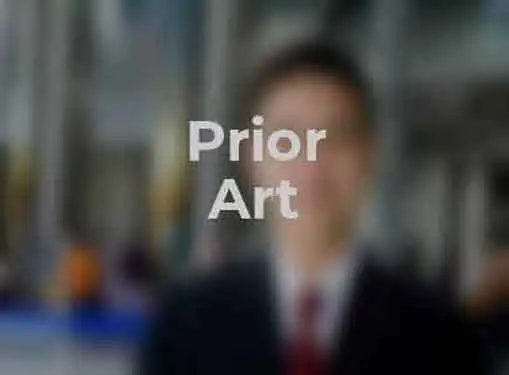Intellectual Property and Entrepreneurs
Prior Art
In analyzing an existing patent or in deciding whether to file a patent application for an invention, it is almost always necessary to consider prior art. What is prior art? Prior art may be defined very broadly as the entire body of knowledge from the beginning of time to the present. But that's not all you need to know about prior art.
Prior art sounds like something you might find in an art gallery. But instead of applying to a Picasso or a Van Gogh, prior art is a term commonly used in the patent application process.

In fact, prior art could be the biggest obstacle standing between you and a legitimate patent for your invention.
What Prior Art Is
Prior art refers to any and all information about a given invention that has been made available to the general public, in any form, during a specified period of time. If prior art exists, it's likely that it will be impossible to maintain an approved patent for your invention.
In order to qualify as prior art, the information must be distributed in a manner that is comprehensible to an average worker in the field. If it is so complex that it can only be understood by a few mad scientists, it probably won't qualify as prior art.
Additionally, prior art must be publicized in a way that is available to the general public. Some countries even require prior art to be documented in a fixed format or standardized form. Barring this kind of standardization, prior art is typically discovered through exhaustive searches of multiple database listings, trade publications, and even the internet.
What Prior Art Is Not
Although the definition of prior art encompasses a broad range of venues, there are several venues that do not qualify as prior art. For example, private conversations definitely do not qualify as prior art and will not nullify a patent's effectiveness. Similarly, oral disclosures usually are not considered prior art, nor are unpublished documents since none of these venues meet the requirement of being accessible to the general public.
The Ramifications of Prior Art
Prior art can be a friend or a foe - depending on the status of your patent application. If you are applying for a patent (or plan on applying for a patent) for a new invention, prior art is something that you want to avoid at all costs since it could void your patent, even after your patent has been approved by the U.S. Patent and Trademark Office.
This means you need to go out of your way to avoid publishing information about your invention and disclosing the invention in a manner that can be construed as public information. It's possible that no one will ever discover the fact that prior art exists on your invention. But do you really want to take that chance? A better option is to shut up about the invention until you have formally filed a patent application.
On the other hand, you may apply for a patent and discover that someone else has already patented your invention or one that is similar to it. If that happens, you won't be able to receive an approved patent unless the existing patent is somehow deemed invalid.
Here, prior art becomes your friend because it can be used to void the existing patent and push yours to the front of the line. There are even prior art "bounty hunters" who specialize in searching for prior art for the purpose of nullifying existing patents.
The bottom line is that it pays to be careful when dealing with the issue of prior art and patenting. No matter how tempting it may be to tell the world about your new invention, be careful not to disclose information that can potentially threaten the validity of a patent in later years.
Share this article
Additional Resources for Entrepreneurs



Conversation Board
We greatly appreciate any advice you can provide on this topic. Please contribute your insights on this topic so others can benefit.